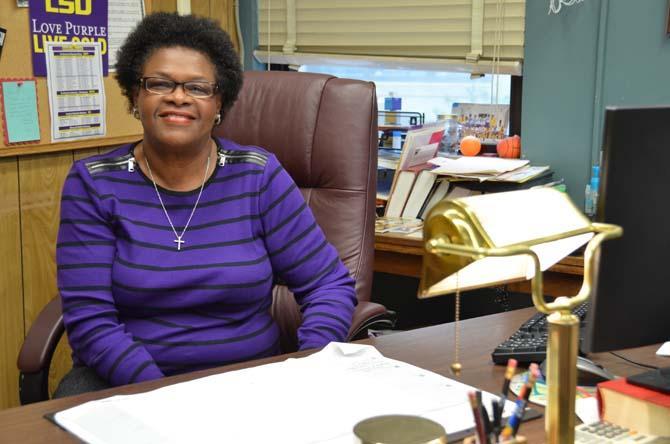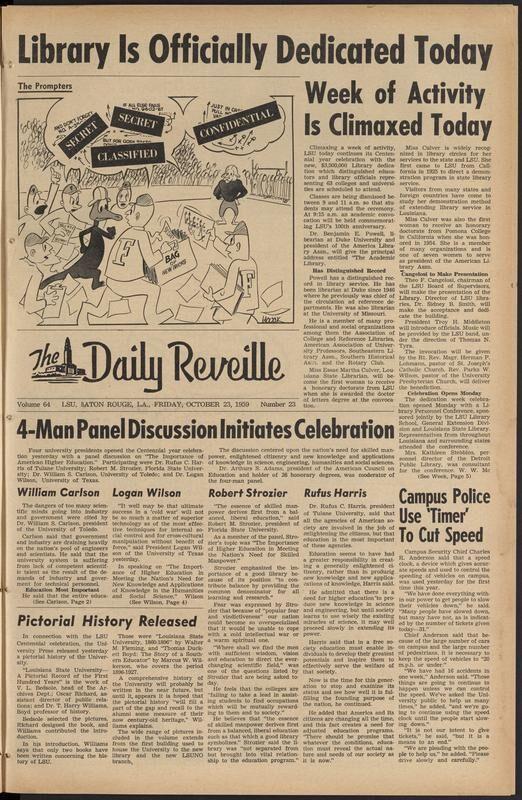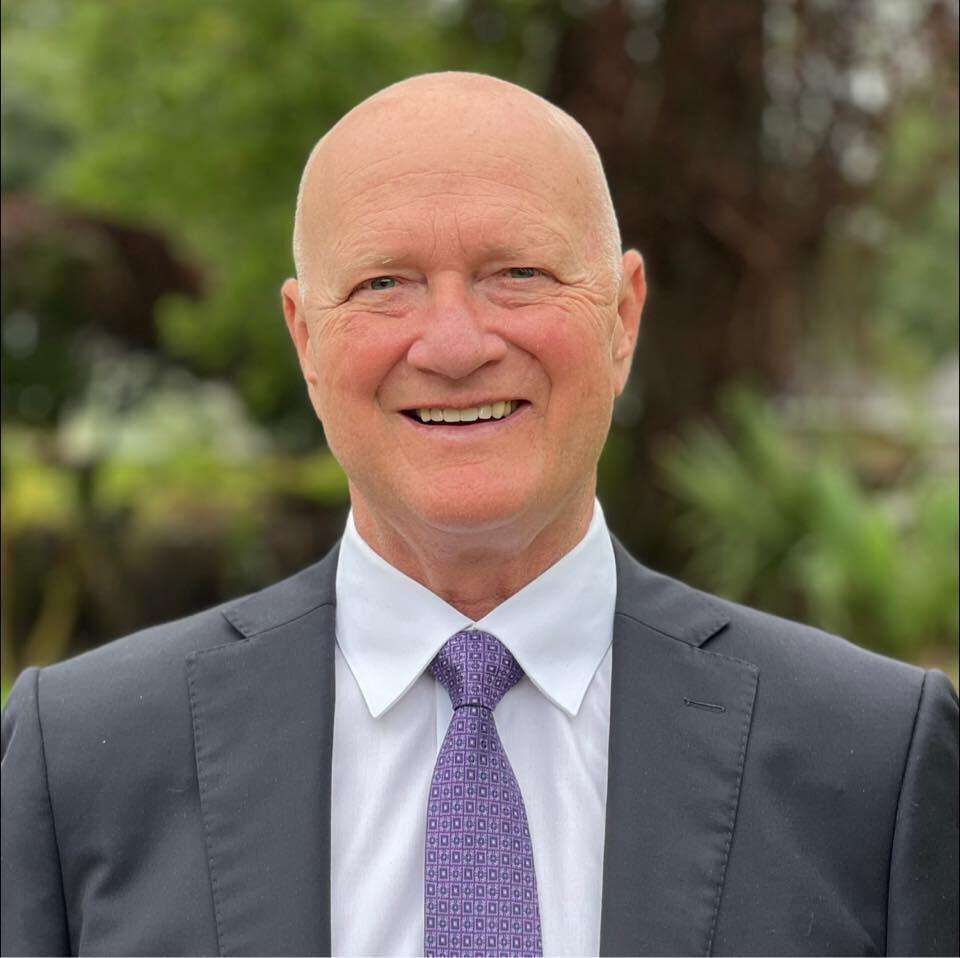Appreciating the diverse races, cultures and traditions of University students is just as important as having respect for all the different ways they learn, according to Gwendolyn Snearl, an academic counselor in University College.
Snearl, who was the University’s first coordinator of minority student affairs, received a Legends Award from the A.P. Tureaud Sr. Black Alumni Chapter in November. Snearl served as coordinator from 1991 to 2000, a position she used to encourage students to excel and make them feel part of campus.
When Snearl became coordinator, she realized it was easy for minority students to arrive at the University and feel lost. Making sure students, especially freshmen, are made aware of how they can plug into the campus community and celebrating the accomplishments of minority students is important, Snearl said.
Snearl said the most lasting effect of her tenure is the African American Cultural Center’s robing ceremony that still exists today. Students attend a ceremony the night before graduation during which their parents robe them with a purple and gold kente cloth, a traditional patterned fabric that originates from Ghana. The first ceremony was in 1996 and more than 1,500 students have participated.
As coordinator, Snearl also started Genesis, a mentoring program for freshmen, and expanded Harambe, an orientation for incoming African-American students that celebrates their heritage and gives them a chance to explore on-campus activities.
In the 1990s, some people at the University felt having a minority coordinator discriminated against the majority, Snearl said. Diversity on campus has come a long way, she said, and significantly more people now see the value of celebrating differences and discovering similarities not only between races and cultures, but also in learning styles.
Snearl began her career at the University in 1981 in Student Support Services, a federally funded mentoring program for first generation college students, where she informed students who had no family tradition of attending college about the experience they were about to embark upon. It was there that Snearl said she learned about personalizing the LSU experience by tapping into students’ personal backgrounds and helping them capitalize on things they are good at and like doing.
That is one reason Snearl, whose second job at the University was in Junior Division — now called University College — returned to academic counseling in 2000.
Paul Ivey, executive director of University College, said since there are so many new administrators, he thinks “there’s some real value to the historical perspective and that people really understand how things came to be on this campus.”
Knowledge of the University’s past is particularly important when setting goals. Ivey said University administrators, faculty and staff must understand how things used to be if they want to make the future better for students.
The University used to have open admissions. Because anyone who took the ACT test and applied could attend, there were more remedial programs on campus, which Snearl coordinated in the late 1980s. Snearl said some students just need to know someone is there who can help them and believes in them. “You can make it at LSU,” she often reminds students.
The reward of being a counselor is seeing students enter senior colleges on campus and grow into successful young adults, she said. Plus, every year, a new wave of about 5,000 freshmen arrives, meaning the University is always changing and there are always people out there who need help.
Students’ counseling needs are important to academic success, Snearl believes, while appreciation of their traditions fuels ever- evolving social aspects of the University.
“Freshmen are important,” Snearl said. “They are the heart of LSU.”
“Freshmen are important. They are the heart of LSU.”
Counselor strives for diversity over years
By Olivia McClure
February 26, 2014
More to Discover










